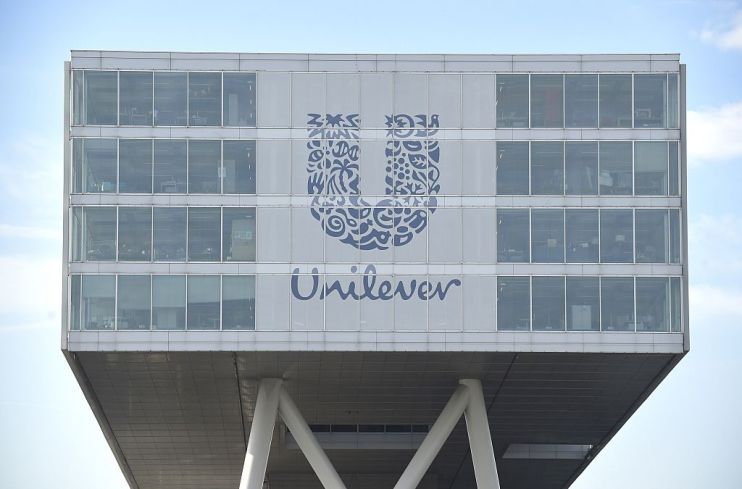Unilever misses sales target and launches review of tea business

Consumer goods giant Unilever missed its underlying sales target in 2019, its results showed today, with the firm citing “challenging” developed markets.
The British-Dutch company also suffered a 33 per cent fall in pre-tax profit in 2019 compared to 2018, when the sale of its spread business bumped up income, bringing down earnings per share.
Unilever announced in its full-year results that it would undertake a “strategic review” of its global tea business, which includes household names PG Tips and Lipton.
The figures
Pre-tax profit at Unilever – which owns brands ranging from Hellmann’s condiments to Dove cosmetics – fell 32.9 per cent year on year to €8.29bn (£7.02bn) in 2019.
Net profit decreased largely due to the €4.3bn prior-year gain from the disposal of the spreads business.
Underlying sales growth came in at 2.9 per cent in 2019, slightly below the three to five per cent guidance the company had previously issued.
In the fourth quarter, however, Unilever’s underlying sales growth beat expectations, growing 1.5 per cent against a forecast of 1.4 per cent.
The profit drop sent basic earnings per share tumbling 38.4 per cent to €2.15.
Unilever’s free cash flow climbed to €6.13bn from €5.43bn a year earlier.
Why it’s interesting
Unilever announced today that it has “initiated a strategic review of our global tea business”. It said that in 2019 sales volumes for black tea had fallen “due to subdued consumer demand for black tea in developed markets”.
In a tough year for the global economy, Unilever said it had been hit by a “significant slowdown” in South Asia as well as “ market softening in China”. It added: “Developed markets, in particular Europe, remained challenging.”
What Unilever said
Chief executive Alan Jope laid out a number of targets for 2020. These were: “Increase penetration by improving brand awareness and availability; implement a more impactful innovation programme; improve our performance in faster growing channels… and fuel growth through cost savings.”
“In 2020, our underlying sales growth is expected to be in the lower half of the multi-year three to five per cent range and will be second-half weighted,” he said.